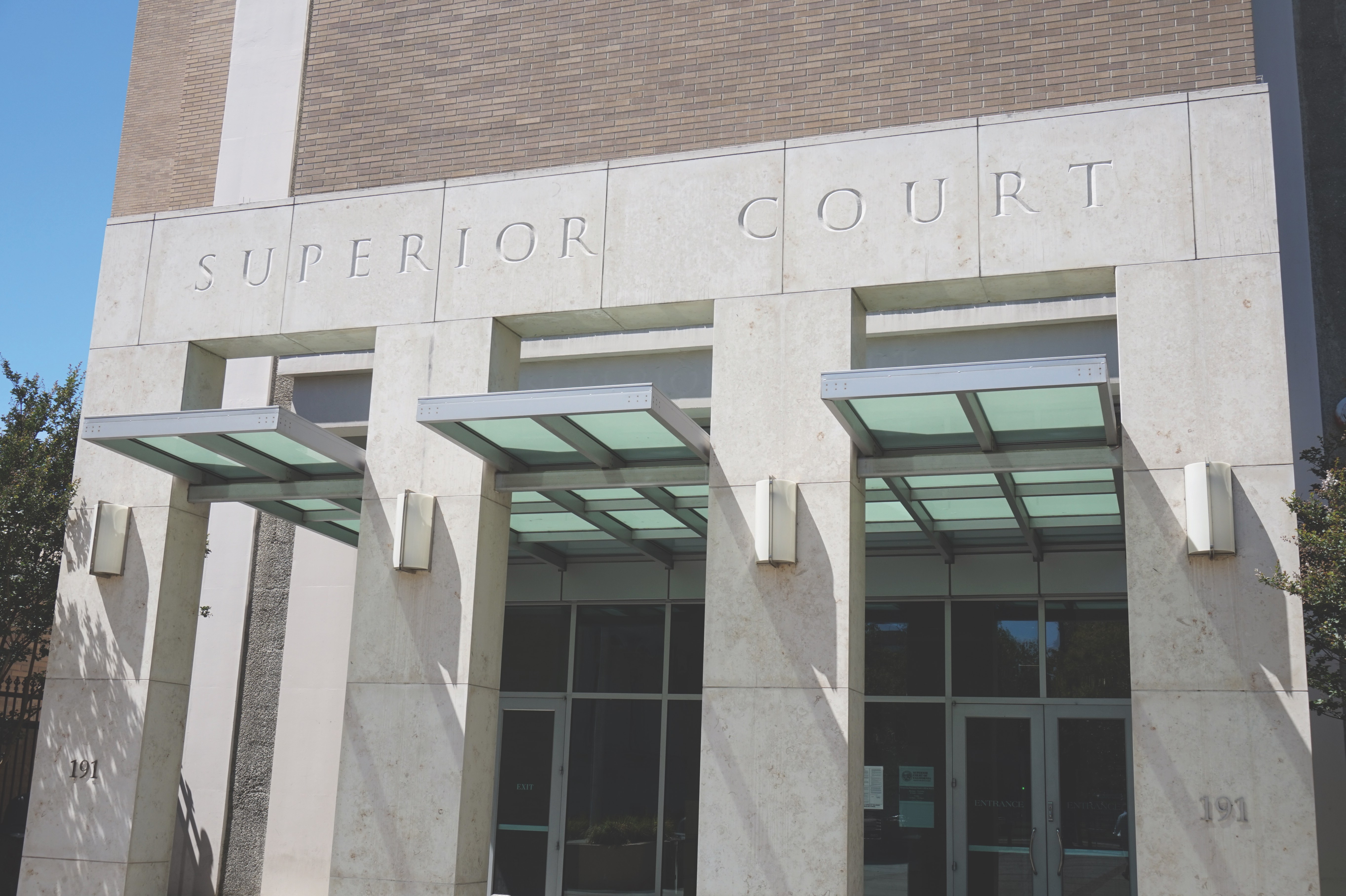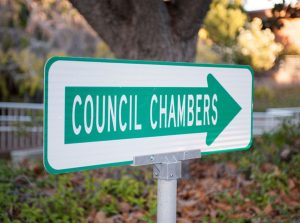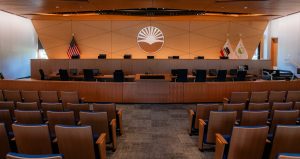Last Friday after a brief hearing, Santa Clara County Superior Court Judge Thomas Kuhnle announced he will publish a tentative ruling on Jan. 18 about legal fees to be awarded to the plaintiffs in a 2017 voting rights lawsuit the City of Santa Clara lost after more than a year of litigation.
The plaintiffs are asking for $197,000 in court costs and $4.1 million in legal fees. State law entitles prevailing plaintiffs in California Voting Rights Act (CVRA) lawsuits to recover “reasonable” litigation costs and attorney’s fees.
In May, Kuhnle found the City in violation of the CVRA and ordered Santa Clara to adopt single member districts for electing its city council in time for the 2018 general election — a decision that the City continued to fight until the judge threatened to enjoin the election.
The plaintiffs’ $4.1 million claim is based on 3,800 hours* of legal work, plus a “multiplier” to reflect the risk undertaken in contingency lawsuits and when lawsuits involve enforcing constitutional rights, to make the financial incentives comparable with the incentives lawyers have to take cases in which they are paid on a fee-for-service basis.
The City’s response is that the fees being asked for are “excessive and unreasonable. “Plaintiffs’ prosecution of this case was riddled with blatant overstaffing at all levels, as well as inefficient and duplicative staff utilization,” and disputes that there was anything “novel, complex or difficult” about the case.
The City further objects to charging for time that was spent campaigning against the two multi-member district solution — last year’s Measure A — that failed to get voter approval. The ballot measure was unrelated to the litigation, said the City’s attorney Steven Churchwell, and that the charter review committee that conceived Measure A started before the lawsuit was filed.
The plaintiffs’ rebuttal was that “the City of Santa Clara cannot have its cake and eat it too. The City cannot convincingly argue that this was a straightforward case that should not have required much work or expertise to prosecute, while also contending that Plaintiffs’ submissions and the Court’s liability ruling were wrong.”
The rebuttal continues, saying the City’s “intransigence” through two phases of the case — the violation and the remedy — demanded “considerable time and effort to litigate the case through two phases of trial in order to achieve the excellent results of a successful transition to district-based elections.”
At last week’s hearing, Judge Kuhnle asked specifically about the “extra curricular activities” of campaigning against Measure A. “Was the time spent pursuing litigation goals? The question is, why you [plaintiffs’ attorneys] should get paid for opposing Measure A.”
“The work opposing Measure A,” responded plaintiffs’ attorney Maurice Baller at last week’s hearing, “was part of the larger effort to achieve clients’ litigation goals” — single member Council districts. “Measure A grew out of this litigation. The charter review committee came up with Measure A to block the force of this litigation. If Measure A passed the remedy phase, it would have been protracted. There wouldn’t have been an election in November [2018].” It would “greatly complicate the plaintiff’s ability to achieve litigation goals.”
Measure A was proposed after a lawsuit was filed, not, as Santa Clara’s attorney claims, before. The first letter advising the City that it was in violation of the CVRA was received in October 2016, and the lawsuit was first filed in early 2017. It was re-filed in Nov. 2017 to comply with new state law.
Churchwell’s reply was that whether “Measure A wouldn’t cure [the violation] is something for a court to decide, not counsel.” Further, he said, “Santa Clara is a charter city and there’s a process for changing the city charter and it takes time.”
However, state law preempts municipal law. In a 2017 opinion the California Attorney General unequivocally stated that the CVRA applies to charter cities and that state courts can impose remedies to violations regardless of city charters.
Judge Kuhnle said that he will publish a tentative ruling on Jan. 18, with a Jan. 20 hearing scheduled if the parties’ attorneys want to dispute the judge’s decision.
Awards of fees aren’t simply based on whatever attorneys choose to put on a bill. Instead, they are based on the market value of the services provided — called a “lodestar.” Three basic factors that determine this: the difficulty or uniqueness (“novelty”) of the litigation, attorneys’ expertise and ability in arguing the case, and the degree to which attorneys in the case were prevented from other paying work.
In the precedent-setting 1982 California Supreme Court case Serrano v. Unruh, the Court ruled that government “cannot litigate tenaciously and then be heard to complain about the time necessarily spent by the plaintiff in response.”
* In the Palmdale’s CVRA case, plaintiffs were awarded fees for 4,600 hours of legal work.












0 comments